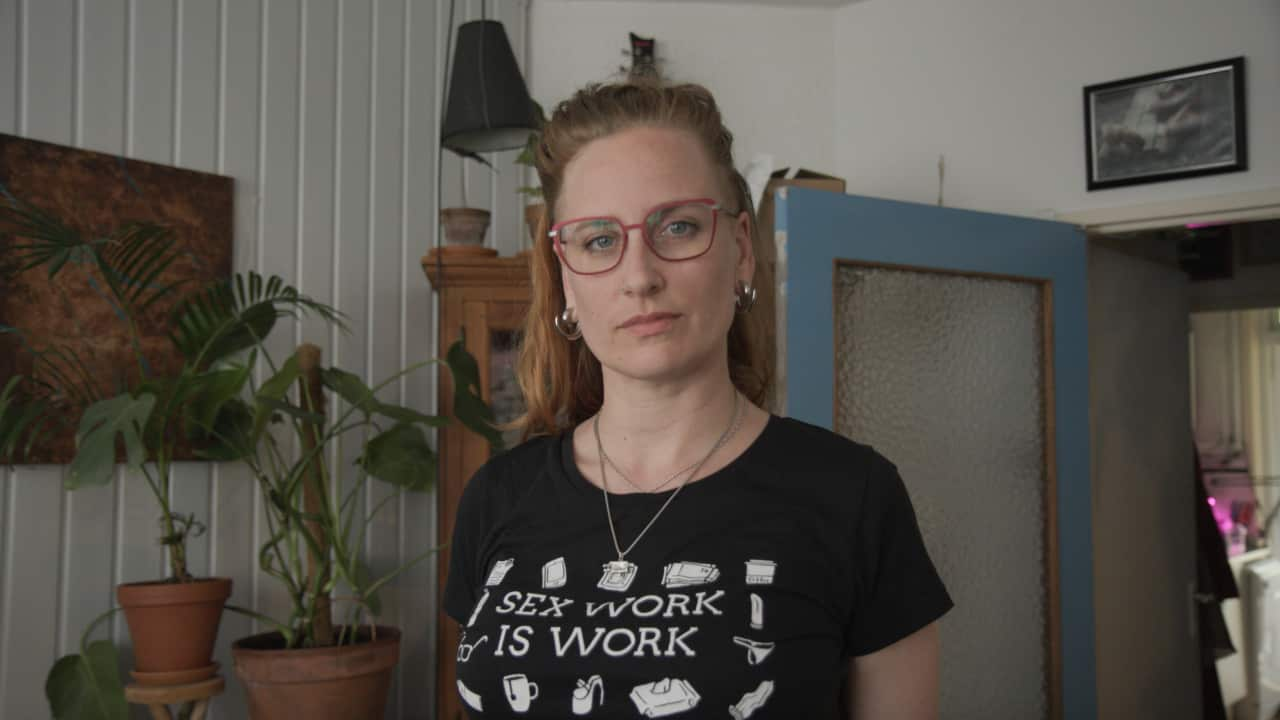It’s not unusual for international journalists to reach out to me with a question about how well the Dutch are treating their sex industry.
Known for our openminded drugs regulations and our red light districts, it seems only logical that the rights of sex workers are taken care of, too. Unfortunately, they aren’t.
In 2000 the ban on brothels was lifted and sex work, prostitution specifically, was finally legalised.At least on paper.
In practice this law turned out to help municipalities shut down over 50 per cent of the existing workspaces and gave them a mandate to evict sex workers from their houses if they work from home.
Where in the 90’s the debate was mainly about emancipating workers in the industry, over the past two decades the discourse shifted to a ‘we should save them all’ approach.
In order to save us all, our parliament just passed a law that will exclude sex workers from Dutch privacy law.
Recently the Ministry of Justice and Safety stated how, beside the yearly €3 million so called ‘exit programs’ receive, they now give an extra €1 million for specific sex worker groups who these programs find hard to reach.
This is in stark contrast with the only €100,000 received by the Dutch destigmatisation alliance.
This is a collaboration of 22 sex worker-led, health and social work organisations who are striving for the decriminalisation of sex work. Most Dutch sex workers did not get any financial COVID aid at all, and brothels forcefully remained closed for months, even after the rest of the country opened up again.
Most Dutch sex workers did not get any financial COVID aid at all, and brothels forcefully remained closed for months, even after the rest of the country opened up again.

Sex workers in the Netherlands are nervously waiting to see which direction the new government will take. Source: SBS Dateline
Right now, our country is forming a new government and the most strident anti-sex work parties have a strong seat at the table.
Sex workers in the Netherlands are holding their breath. But after more than 20 years of further stigmatisation and discrimination, there is a bit of political hope for us.
We finally have one member of parliament who is explicitly in favour of the human rights of sex workers. Sylvana Simons, leader of the Dutch equal rights and equal opportunity party BIJ1, is committed to putting decriminalisation of sex work on the agenda.
And together with sex workers worldwide, she is pointing to New South Wales - one of the only places in the world where the law protects sex work as work, and where even migrant sex workers are protected just like any other labourers.
Yvette Luhrs is a sex worker and sex workers’ rights activist. They started working as a porn performer and recently made a shift to prostitution.
They are a spokesperson for their community and ran for parliament in the 2021 Dutch general election.


